Jono McCleery is an English singer-songwriter whose music seamlessly blends folk, soul, and electronic elements. Since the release of his self-produced debut Darkest Light in 2008, McCleery has carved out a distinctive sound, releasing albums via Ninja Tune and collaborating with artists across various musical genres, including Maribou State, Portico Quartet, and Maceo Plex. With over fifty million streams worldwide on Spotify and an international touring history with Bonobo and Jamie Woon, McCleery's music has continued to evolve through the years, seeking to connect with listeners on a deeper level.
In this candid conversation, McCleery opens up about the deeply personal journey that led to his latest album, Reconcile, and his first release with Berlin label Sonar Kollektiv.

Arina Korenyu: Since the beginning of your career, you've gained the reputation of a thoughtful and introspective artist who often explores themes of self-discovery, love, and emotional vulnerability in your tracks. However, this album Reconcile seems to be deeply personal on a different level, hugely focused on losing your brother and longing for people to reconnect with themselves and nature. How did the experiences you've gone through influence the music on Reconcile?
Jono McCleery: My brother was the main reason I got into music. He was nine years older than me, and after my dad passed away when I was a child, my brother stepped into that role. He encouraged me to pursue things, including singing.
Because of this, I feel that music has become my way of responding to the world around me. It feels right not to let it hold me back when something like that happens, especially with him. Instead of letting it bring me down, I threw myself deeper into music, working on an album I could dedicate to him. I hope it's something he would be proud of.
Arina: I also understand that becoming a father influenced this album significantly. Your daughter Maiya Nagel Navarro also made the beautiful artwork for the album. How has being a parent shaped your songwriting and approach to music?
Jono: Becoming a parent is incredible. It's such a powerful experience but also humbling. Every day, you're putting someone else's needs before your own. It taught me to be more mindful of my time, especially creatively. Now, I take full advantage of any opportunity to write and record. Since I have limited time, I give everything in those moments.
It's interesting because I don't spend as much time practicing anymore. Sometimes, I wonder if my musical skills have stagnated because of this, but more importantly, parenthood has expanded my perspective in ways I hadn't anticipated. It's given me a wider range of emotions to draw from in my music. For me, singing isn't about technical skill but channeling emotion. So, parenthood has enriched my emotional palette as a songwriter and singer.
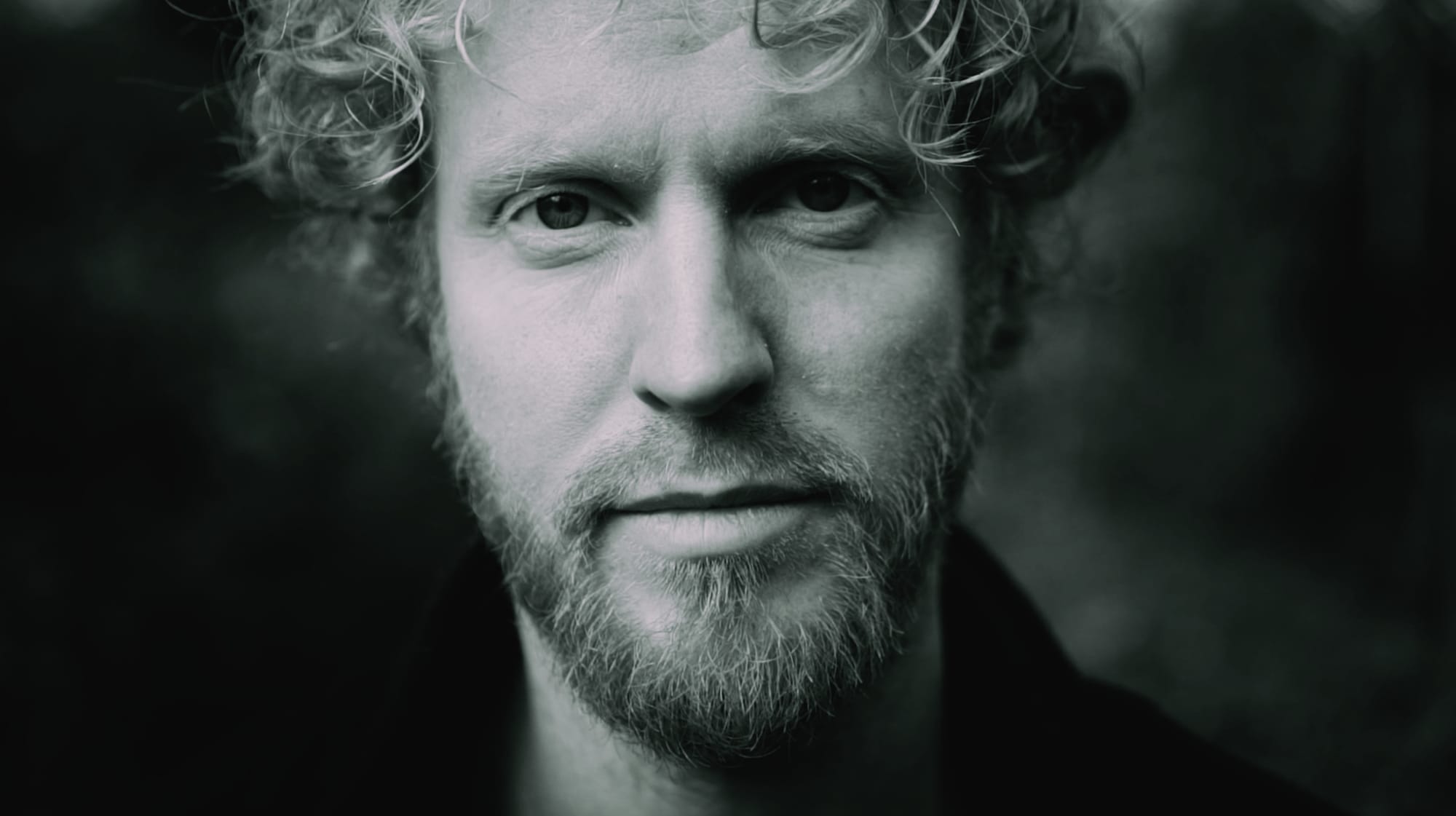
Arina: You've mentioned receiving many messages from fans about how your music has helped them through transitions in their lives. How does knowing your music can have such a meaningful impact shape the way you approach your craft?
Jono: I think that's the best part of it all. Being a solo artist can feel egocentric, but receiving messages from people saying that your music has helped them means so much to me. It's incredibly motivating and gives me a sense of purpose.
I used to feel insecure about being too melancholic or sad, and I didn't want to bring anyone down. But getting this kind of feedback has given me the freedom to stop worrying about that. Now, I can just be myself and express my emotions freely, even if that means being as melancholic as I want to be.
Arina: Was there a particular song on the album that was the most difficult or meaningful to you?
Jono: "To See You Again" was my most meaningful song. It really kickstarted the entire project. I came up with the idea for the song just days before my brother passed away when I knew his time was coming. At that moment, it felt like a prayer.
While it was deeply meaningful, it wasn't the most difficult song to make. The process was actually amazing. I recorded it as a demo on my phone, and I liked it so much that I didn't want to lose it. A friend of mine, Matt Kelly (co-producer of the album), then recorded strings for it. I asked Fybe:One (co-producer of the album) to create a beat, and it became a bit of a challenge because we had to quantize the music, which made it sound strange. We brought in Jesse Koolhaas (co-producer and mixer of the album) to help fix everything that was off from the quantizing. In the end, we kept the phone demo for the final track, and I was so happy with the result that it motivated me to keep going and create the album.
The most difficult song, though, was "Let's Get Back to It," the album's final track. It was the hardest to record. The way I wrote it didn't allow for a click track, but there's a part in the middle where a click track is needed because the beat comes in. I tried recording it multiple ways, but nothing worked. Eventually, I ended up doing it all in one take—guitar and vocals together—without a click track. That was the only way I could get a version I was happy with.
Arina: As I can imagine, the track "I Try To Remember" also holds a very special place in your heart, as it features your late brother's piano playing. How does it feel to capture and include that moment in the album?
Jono: It feels amazing. That was the last time we were together, and I don't think he knew I was recording it. I set my phone to record on the side, and he played beautifully.
When we were almost finished with the album, I realized we had to use it. I then worked on coming up with a vocal part that wouldn't interfere too much with the jam. Recently, I was sent a remix of that track from someone, so hopefully, there'll be an even more exciting version of it coming soon. It's nice to know it keeps evolving.
Arina: The song "So Messed Up" has a deep, reflective theme but, at the same time, is very groovy. How did you decide on the production style?
Jono: I don't always know what to expect when working on the song. I don't like working with people where I have to tell them exactly what to do. That's why I really enjoy working with Matt and Fybe—they always surprise me in the best way.
With this song, though, I could feel where it was going from the moment I started recording just the guitar. It had that old bluesy vibe, but I don't remember consciously producing it that way. It has an R&B-style verse with a Latin feel in the chorus, and it's a bit more groovy and fun compared to the other tracks.
Arina: You recorded Reconcile largely on your own and mentioned that this solitary environment significantly influenced the production process. Did you study engineering, or were you learning on the go? Were there any moments during the recording where you faced technical difficulties?
Jono: Not really, Jesse did an amazing job of working with whatever I gave him, whether it was phone recordings or takes which had both vocals and guitar recorded together with one mic.
Over the years, I've had a lot of experience working on collaborations in dance music, so I've gained a lot of practice with vocals, harmonies, and even a bit of choral work. I really enjoy that part of the process, and it was great to apply those skills to my own album. Being by myself and fully immersing myself in the recording process, especially the vocal layers, was truly special. I'm really happy with how it all turned out.
Arina: What steps did you take to develop these vocal arrangements? Are there particular techniques or approaches you've experimented with?
Jono: I'm probably the worst person to ask about this because I'm so instinctive—I often don't know what I'm doing half the time. It's just about knowing the sound I like and trying to achieve that. I enjoy listening to all kinds of music, including choral music, so I had an idea of what I wanted to create, but figuring out how to get there takes time.
I don't focus so much on techniques but rather on my approach—making sure I'm as comfortable as possible and relaxed so I can lose myself in the work. I tend to prioritize that over the technical aspects. Maybe that frustrates other people, but that's just how I like to work.
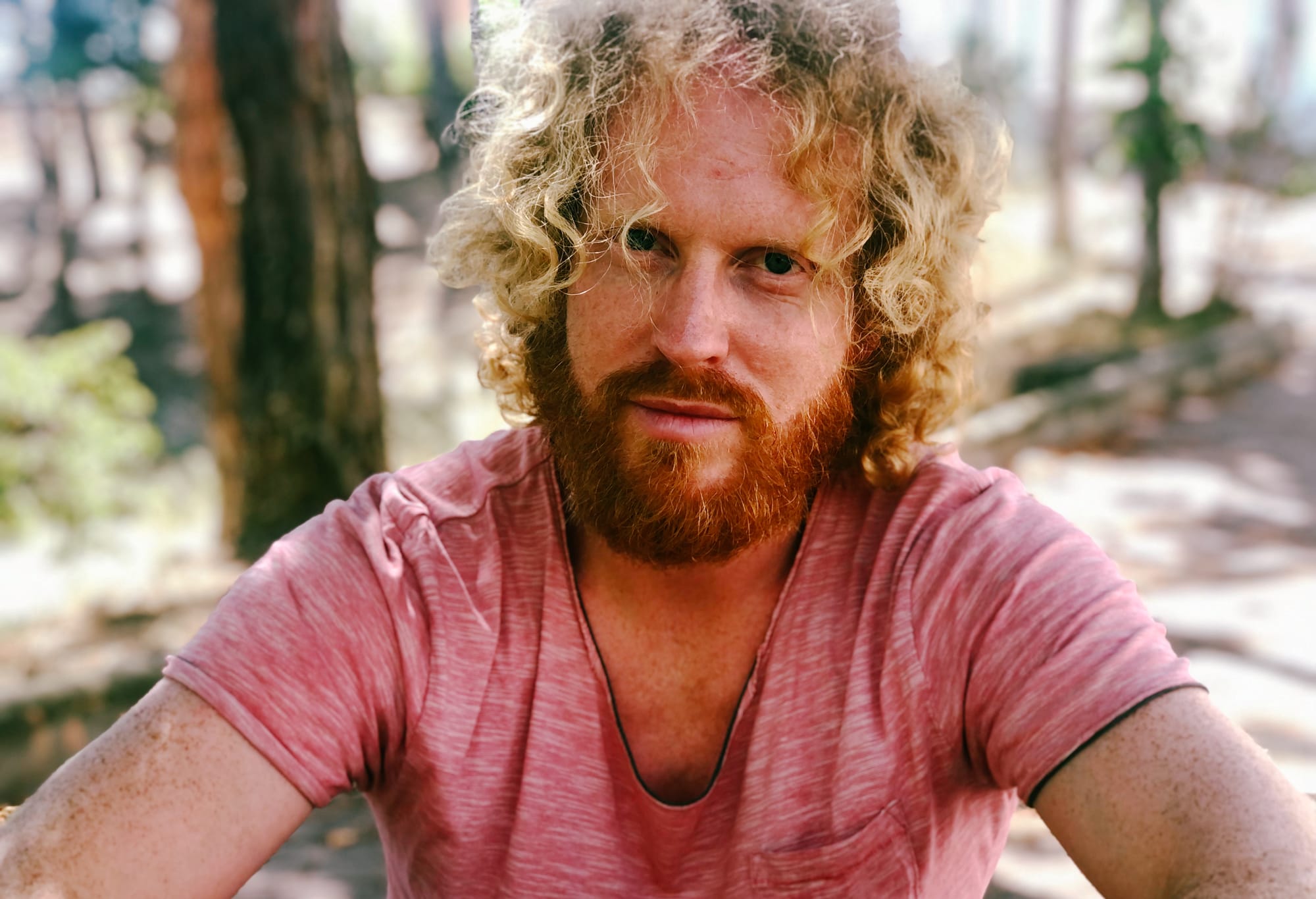
Arina: The album ends on a hopeful note with "Let's Get Back To It." What do you hope listeners will take away from this track and the album as a whole?
Jono: The track "Let's Get Back to It" represents the album's resolution for me. When I repeat that line, it's my way of bringing everything together.
It's easy to get down, especially with the state of the world and personal struggles. We're so focused on what's wrong in the world and within ourselves. Right now, I feel it's really important to remind ourselves to return to what feels good and right and keep moving forward.
Yes, there's a lot of sadness in the album, but I hope there's also something comforting and forward-looking in it. Something that encourages us to keep going.
Arina: I know you will have a release show at the Lower Third in London on January 24th, but are there any other occasions planned soon where people can see you performing the album live?
Jono: I'll be performing at V11 in Rotterdam on March 6th. We're also discussing some shows in Germany. I definitely plan to come to Berlin at some point.
Since the pandemic, it's been challenging to get back on the road. Getting shows in Europe has been tough, but I'm working on it. Hopefully, I'll be able to play more shows next year.
Arina: After such a deeply personal album, where do you see your music going next? Is there a particular direction or sound you're eager to explore, or is there something you'd like to challenge yourself with in future projects?
Jono: That's a good question. I have a lot of collaborations to focus on, which helps me stay connected to the dance music world. As for my own projects, it's hard to choose a clear direction. I'm hoping that something will come to me soon.
In the past, I've thought about recording an a cappella EP, just my voice with nothing else. At the same time, I'd love to experiment more with jazz—really dive into that. I'd also like to do another cover album. I did one before and would love to do it again.
Right now, it feels like the possibilities are wide open. I'm just happy to be active and creating.
Purchase Jono McCleery's album Reconcile from Bandcamp or Qobuz and listen to it on your streaming platform of choice. Visit Jono McCleery at jonomccleery.com and follow him on Instagram, Facebook, YouTube, and Patreon. The top photo was taken by Alessandra Leimer.
Check out more like this:
 The TonearmPeter Thomas Webb
The TonearmPeter Thomas Webb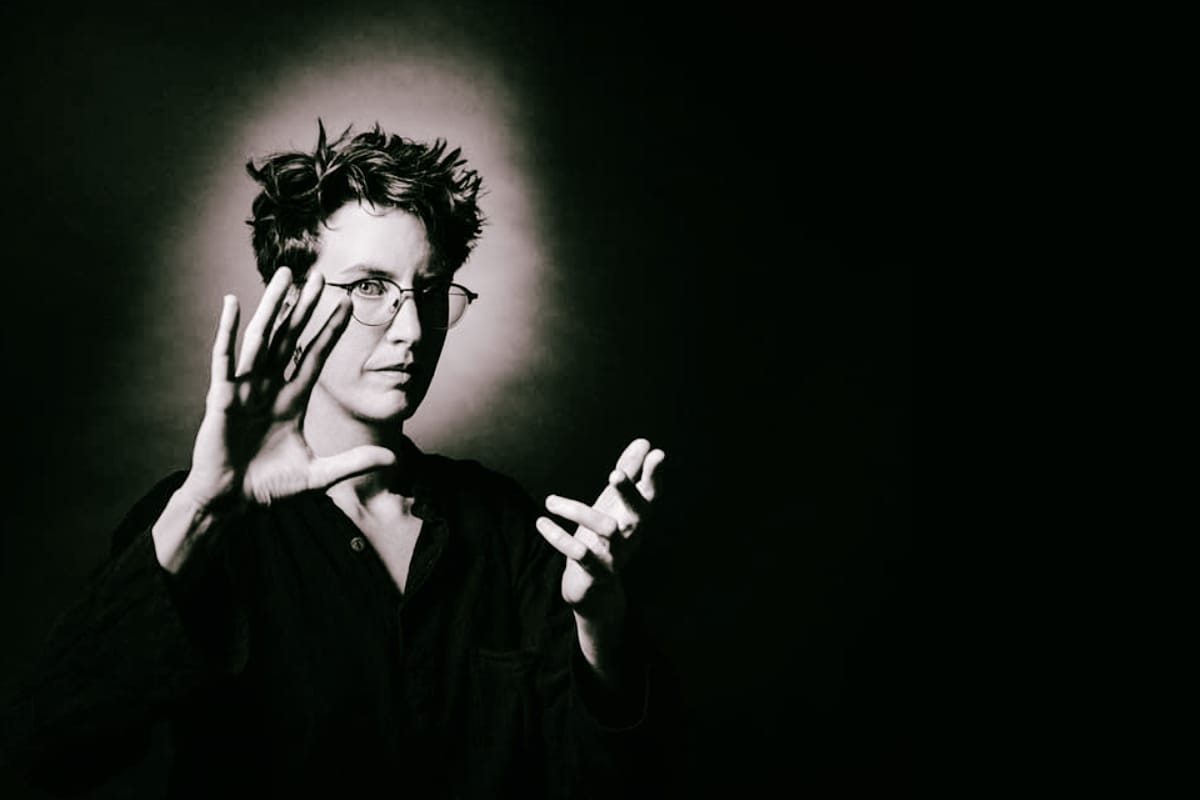
 The TonearmLawrence Peryer
The TonearmLawrence Peryer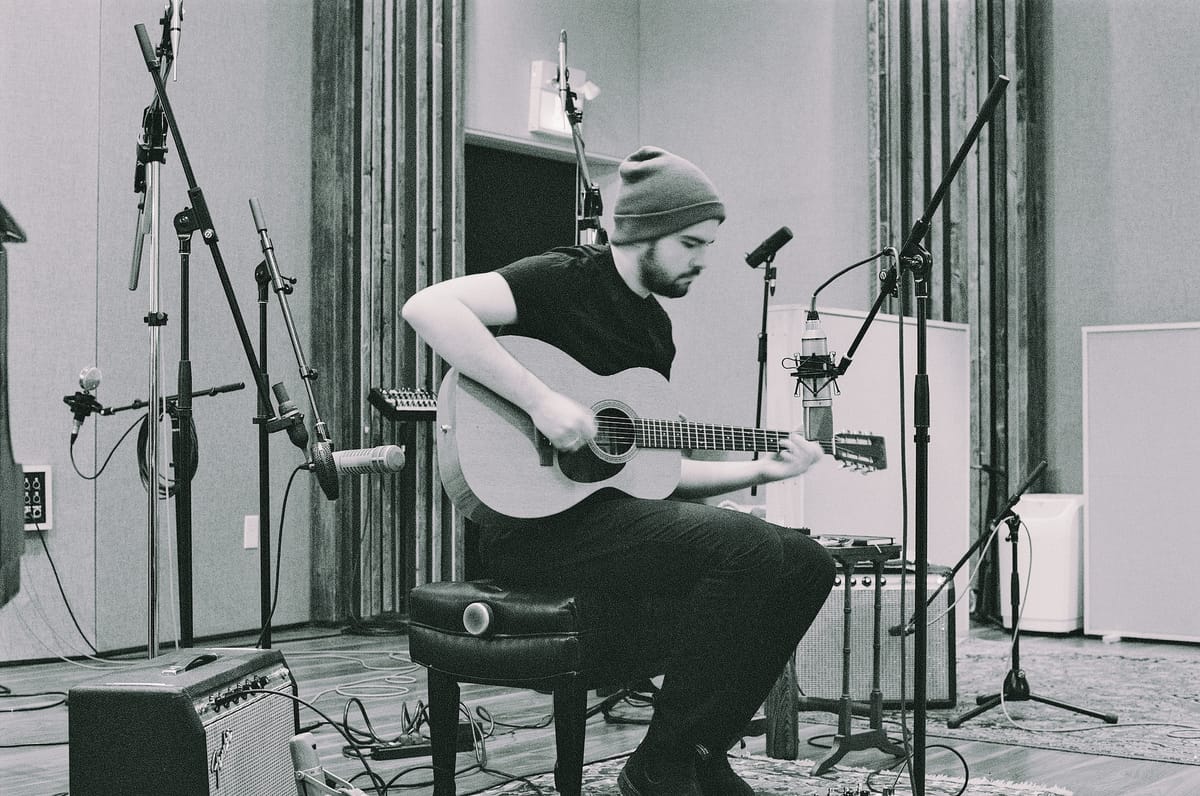


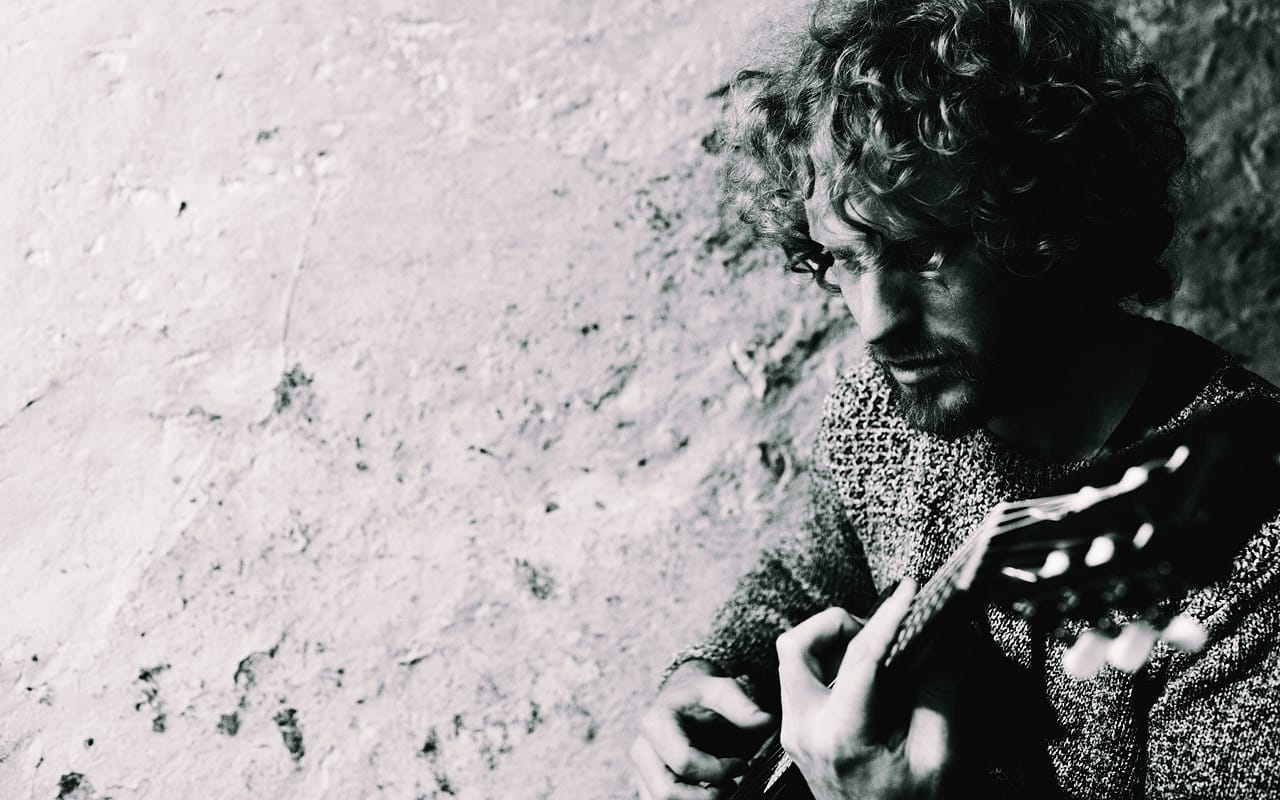
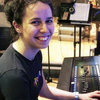



Comments